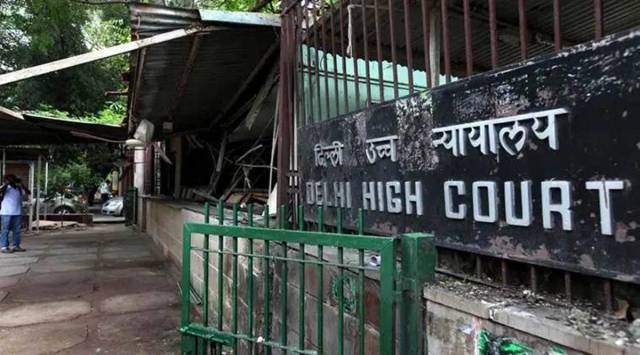SAU an international organisation, has privileges and immunity: Delhi HC
The observations came while the court was hearing pleas moved by SAU’s associate professors, who were issued show cause notices on December 30, 2022, over their alleged involvement in a student protest for redressal of their grievances.
 After the notices were issued, SAU formed a fact-finding committee and the petitioners were provided an opportunity to participate in its proceedings.
After the notices were issued, SAU formed a fact-finding committee and the petitioners were provided an opportunity to participate in its proceedings.The Delhi High Court has observed that the South Asian University (SAU) has the status of an “international organisation” and enjoys the “privilege and the immunity” from being subjected to the writ jurisdiction conferred to the court under Article 226 of the Constitution of India.
The observations came while the court was hearing pleas moved by SAU’s associate professors, who were issued show cause notices on December 30, 2022, over their alleged involvement in a student protest for redressal of their grievances. The HC has said the pleas are not maintainable.
After the notices were issued, SAU formed a fact-finding committee and the petitioners were provided an opportunity to participate in its proceedings. The order notes that the petitioners “allegedly” did not cooperate with the committee when they were provided an opportunity to appear before it. Submitting its report on May 29, 2023, the committee concluded that the petitioners had “prima facie acted in a manner which can be construed as a violation” of the rules, regulations, and bylaws, including, but not limited to, the Code of Conduct of the university. On June 16, 2023, SAU’s Acting President suspended the petitioners; the latter moved the HC against this.
A single-judge bench of Justice Chandra Dhari Singh, its its order on Wednesday, opined that the privileges granted by the Ministry of External Affairs, through its January 15, 2009, notification, extend to SAU where the university is “exempted from getting sued by the employees in a court of law established in India”.
“The petitioners have an effective remedy for redressal of their dispute against the respondent University and hence, the question of whether the respondent University acted in bona fide can only be answered by the Arbitral Tribunal when the issue is heard on merits,” it said.
Justice Singh further observed that the pleas were not maintainable as SAU enjoys the “status of an international organisation having privileges and immunities” which is evident from the “headquarters agreement signed by the member countries of SAARC, the SAU Act enacted by the Parliament of India, and the notification issued by the MEA” in 2009.
“Therefore, the present petition, being non-maintainable, is liable to be dismissed… petitioners are advised to approach the appropriate forum i.e. the Arbitral Tribunal for adjudication of the dispute on merits,” the HC said.
The HC observed that as per material on record, the contract signed between the parties provides for referral of a dispute to an “Arbitral Tribunal” which deals with disputes arising out of an employment agreement. It further perused the “appointment letters” issued to the petitioners and noted that it clarified the position wherein “the employment agreement specifically mentions the adjudication of the issue by an Arbitral Tribunal”.
Justice Singh said the petitioners had “agreed to the terms while joining the respondent University and… signed the employment agreement”. The court said that the factual matrix “clearly establishes that the petitioners chose not to avail a remedy provided to them and approached” the HC, “bypassing rules and procedures prescribed by the laws governing” SAU, which were “duly agreed” by them when they joined.
The HC further referred to “the SC’s 2023 decision in ‘St. Mary’s Education Society v. Rajendra Prasad Bhargava’ and observed that the decision clarifies that “even if an educational institution is assumed to be performing a public duty, any action complained of must have a direct connection with the discharge of that a public duty”.
“Furthermore, the Hon’ble Court also clarified that the availability of the extraordinary writ jurisdiction under Article 226 for a prerogative writ is contingent upon the existence of a public law action, where individual wrongs or breaches of mutual contracts without a public element cannot be rectified through a writ petition. Therefore, this Court is bound to hold that the employment matters remain within the realm of an ordinary contract of service and are not amenable to challenge under Article 226 of the Constitution,” Justice Singh underscored.
It also said that while it was true that the land on which SAU was established was provided by the Union Government and it also committed to providing funds for the development of infrastructure, “it does not enjoy a dominant position where it can be said that the functioning is controlled by the Government in any manner”. It said even though SAU has been created “out of an Act of Parliament”, it is “not in control” of the Government of India in any manner; rather the role of the Government is “limited to facilitation of establishment” of SAU.
It said SAU’s character is of an “international institution and it is not functionally, administratively or financially controlled by the Government of India”, and hence SAU is not ‘State’ under Article 12 of the Constitution of India.







